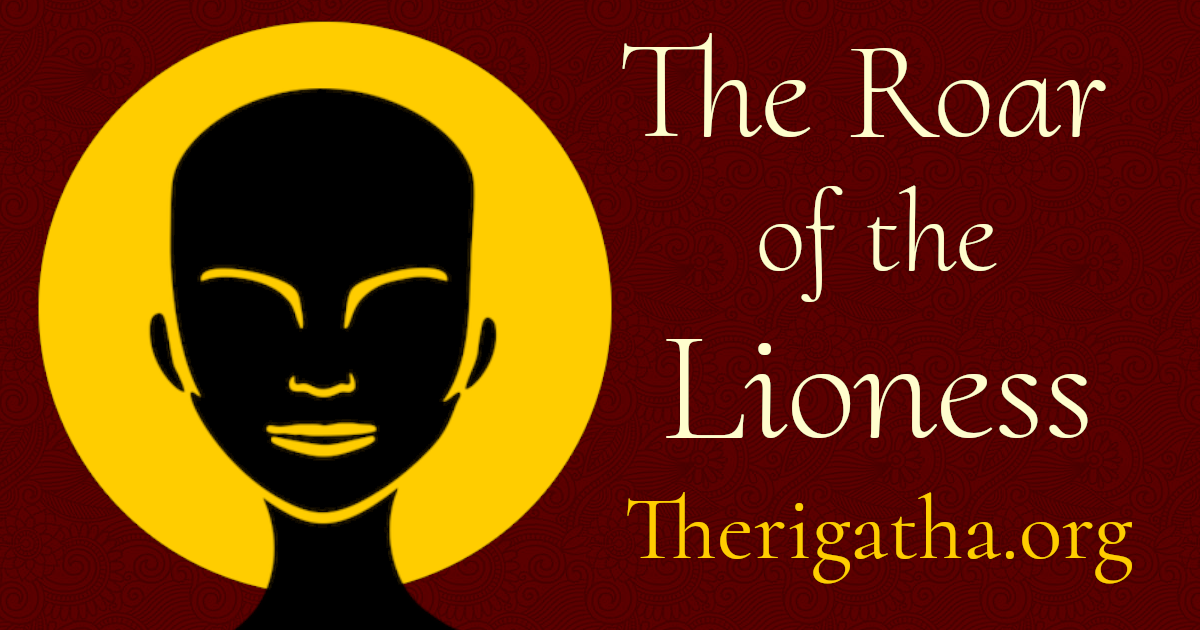Was it truly the infamous evil god Māra who mocked, harassed or otherwise tried to discourage the bhikkhuni? Or was it a human man? Maybe a regular guy being influenced by Māra or one of his minions? Or, perhaps we have here a composite of the kind of harassment that this bhikkhuni and her sisters typically faced from men, together with a typical response by her?
It’s the special harassment that men aim at women doing activities men may consider to be their exclusive province that I perceive in this poem. When I asked a group of half a dozen students, most female, the women affirmed that when they are seen in public doing something usually in the sphere of men – such as painting a building or fixing a car – it is common that some guy will approach to annoy her. One member, a trans man, added that when he appeared female it often happened, but once he transitioned to presenting as male this kind of harassment never happened to him again.
Whatever the original story, the bhikkhuni’s dismissal of the harasser as a “pāpima” (evil doer) correctly names anyone who would try to stop a woman from reaching for spiritual heights.
Let me make this more plain: To early Buddhists, only a truly despicable person, evil enough to be called a pāpima like Māra himself, would discourage or oppose bhikkhunis.
Ayya Sudhammā Therī

